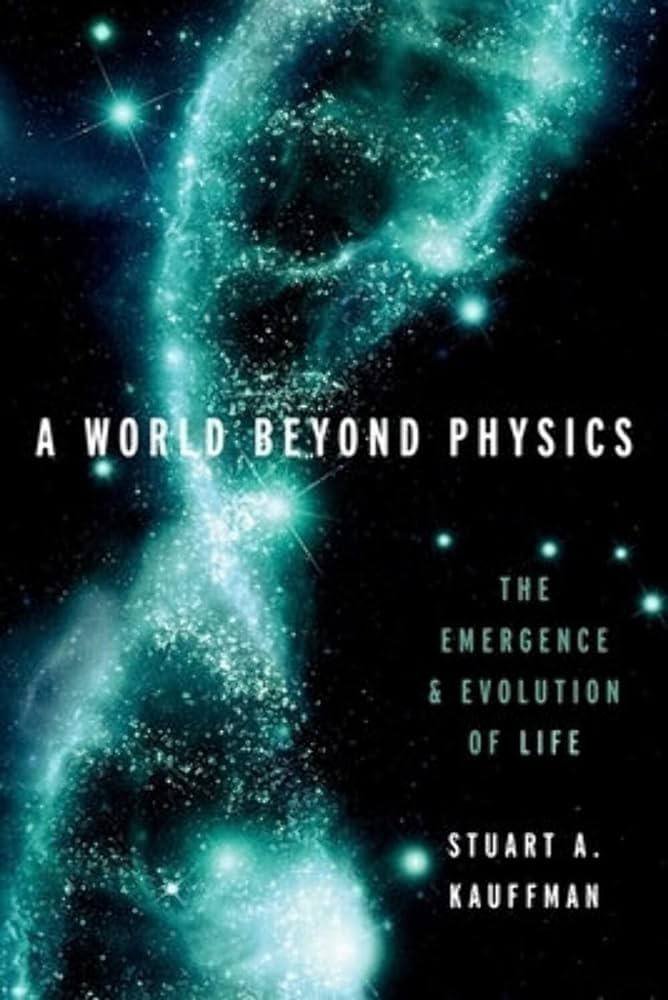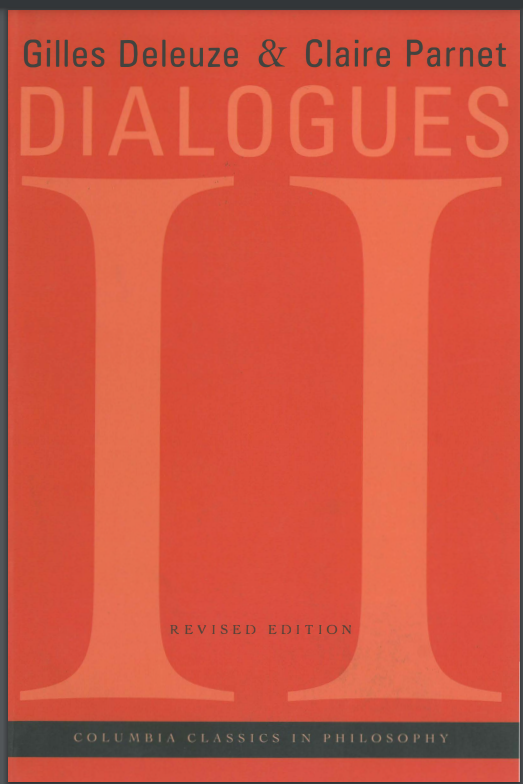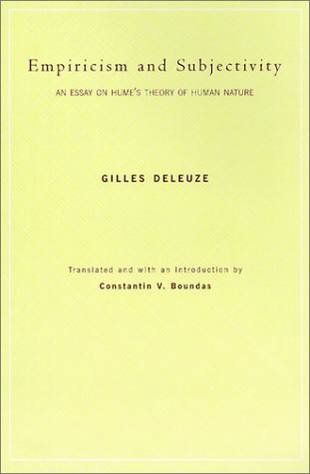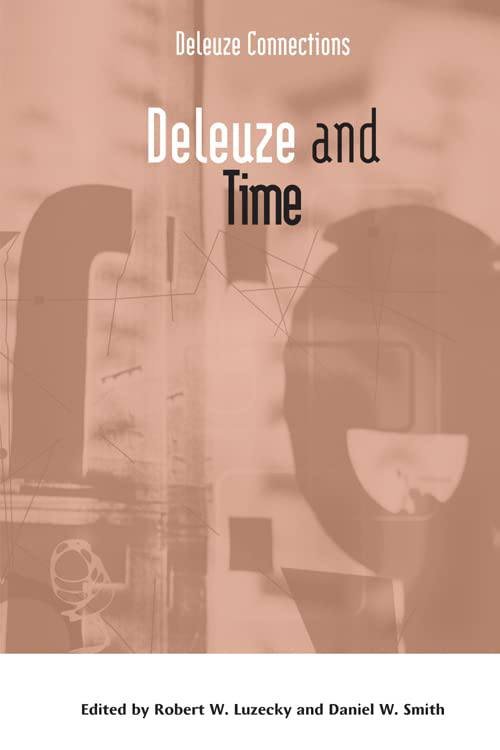
Resonance
Private Book Reader
Upload and read your personal PDF books in our secure reader
Read Your Private BookShort Audio Book Summary
Resonance Summary
0:00 / 0:00Reviews
No review yet. Be the first to review this book!
Description
"Resonance" is a term that can be applied in various contexts across different fields. Here are a few key interpretations: 1. Physics and Acoustics: - In physics, resonance refers to the phenomenon where an object vibrates at its natural frequency in response to external stimuli. This natural frequency is determined by the object's physical properties. For example, musical instruments produce sound through resonance when their strings or air columns vibrate at specific frequencies. 2. Chemistry: - In chemistry, resonance is a concept used to describe the bonding in molecules or ions that cannot be accurately represented by a single Lewis structure. Instead, multiple structures are used to represent the actual electronic structure of the molecule, with the true structure being a hybrid or combination of these resonance structures. 3. Electrical Engineering: - Resonance in electrical circuits occurs when the frequency of an external alternating current matches the natural frequency of the system. This can lead to an amplification of the oscillations and is utilized in various electronic devices, including radio receivers and antennas. 4. Music and Arts: - In music, resonance is the quality of a sound that stays in the listener's mind due to its richness and depth. It's often associated with harmonics and the sympathetic vibration of musical instruments. In a broader artistic sense, resonance can refer to the emotional or intellectual impact that a work of art has on an audience. 5. Philosophy and Literature: - Philosophically and in literature, resonance might be used to describe the lasting impact or significance of certain ideas, themes, or passages. A resonant piece of writing or philosophy often strikes a chord with readers or thinkers, creating a lasting impression or influence. 6. **Social Sciences:** - In social sciences, resonance may be used metaphorically to describe how certain ideas, movements, or messages find a responsive chord within a society, leading to widespread acceptance or adoption. In general, "resonance" conveys the idea of a powerful and lasting effect or connection, whether it's in the physical realm, the arts, or the realm of ideas and emotions. The specific meaning can vary depending on the context in which the term is used.

























.jpeg)



.jpg)

.jpeg)





.jpg)






.jpeg)

.jpg)



.jpg)
.jpg)






.jpeg)
.jpeg)






.jpg)





















.png)
.jpg)






























.jpeg)
